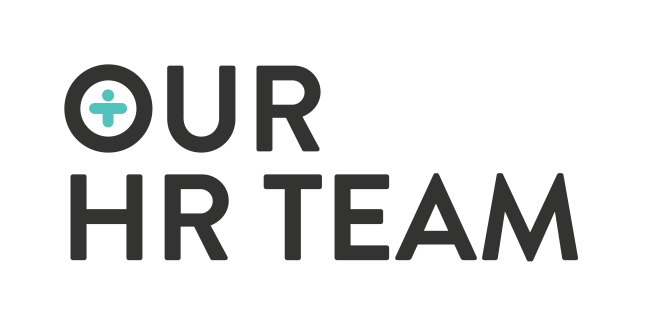By Kylie Lynam | Director
On 22nd June 2023, the Fair Work Legislation Amendment (Protecting Worker Entitlements) Bill 2023 was passed. This has resulted in notable changes to employee rights under the Fair Work Act 2009. We previously posted covering changes to parental leave through the PWE Bill, however there are further changes which are as follows (please note the varying effective dates):
Protection to Migrant Workers – effective from 1 July 2023
- There will be greater clarity that a migrant worker including temporary will remain entitled (at all times) to the protections contained in the Fair Work Act regarding wage and employment entitlements.
- A breach of the Migration Act 1958 or an instrument made under it does not affect the validity of either entitlement.
Authorised Employee Deductions – effective from 30 December 2023
- Employees will be able to authorise an employer to make valid salary deductions (ie. To a health fund) from payments to the employee where the deduction is principally for the employees benefit.
- The reform allows Employees initial written deduction authorisation to specify that the amount of deduction can vary from time to time without needing to issue a new authorisation. Meaning only a single written authorisation is now needed.
Right to Superannuation – effective from 1 January 2024
- The right to superannuation will be incorporated in the National Employment Standards (NES).
- This means that unpaid or underpaid superannuation can be enforced under the Fair Work Act by more employees (as well as by an employee organisation or Fair Work).
It is important that employers are aware of these changes to legislation. If you would like to know more about the changes and/or need any assistance in what steps to take, do not hesitate to get in touch on 1300 1 OUR HR.




